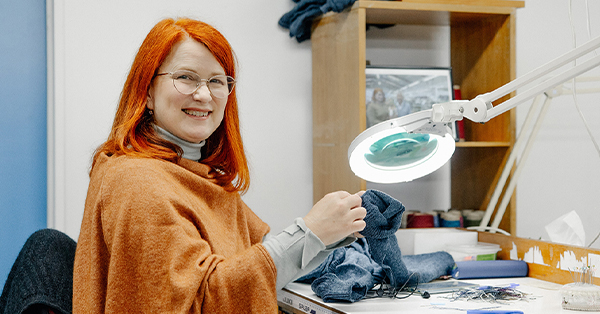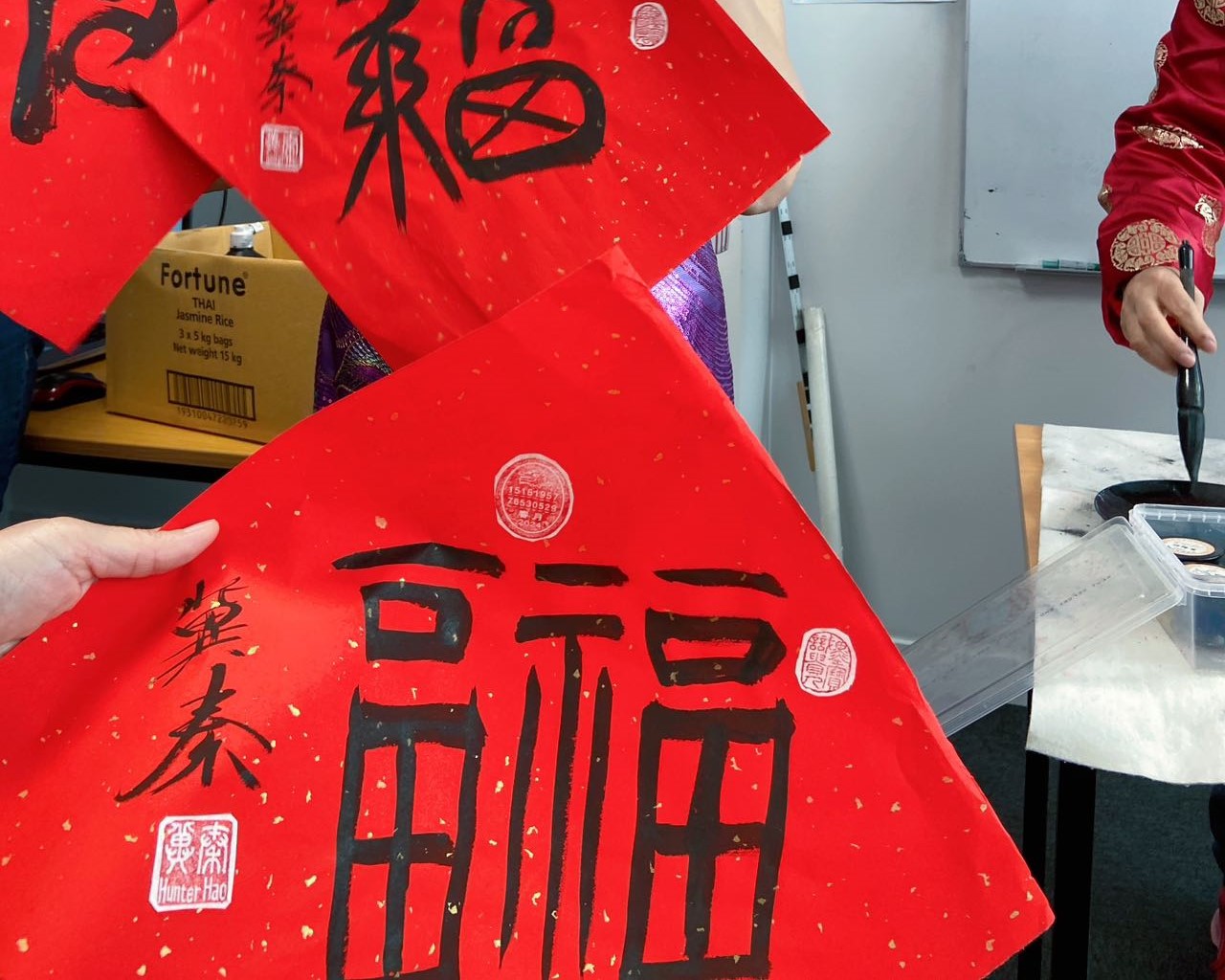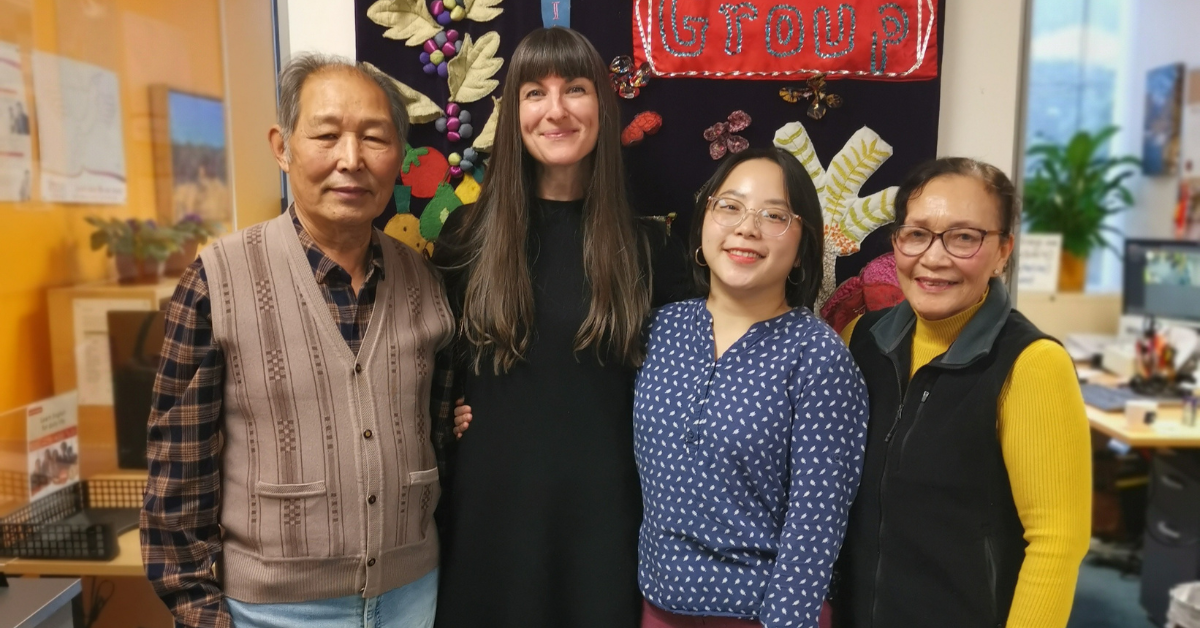When Nikolai Chipizhin moved to New Zealand with his daughter and son-in-law in 1998, he knew next-to no English because he never dreamed he would ever move to an English-speaking country.
Born in Ekaterinburg, Russia, in 1914, three years before the turmoil of the Russian Revolution, 95-year-old Nikolai’s life reads like a script to a movie as epic as
Dr Zhivago.
Before his first year of medical university was out, he was drafted into the Russian army and sent to the Far East where he served as a doctor’s assistant for three years.
By the end of 1940 he was discharged. but only six months later the Great Patriotic War, or Russia’s entry into World War Two, began and Nikolai was drafted for the
second time.
He was sent to the front lines to serve again as a doctor’s assistant and, in December 1941, Nikolai says he had his baptism of fire in the battle for Moscow and was wounded for the first time.
“As a doctor’s assistant of the battalion, I went to the battlefield on carriages, picked up the wounded, gave first aid and transported them back to the regimental aid post,” says Nikolai.
Over the course of the war, Nikolai participated in the most historically significant battles, was among the liberating forces of Warsaw and Berlin and was wounded two more times.
The metal from his shrapnel wounds is still in his body because there was not enough time to have it removed. When the weather is bad, Nikolai says he can feel it aching. Nikolai saved hundreds of wounded soldiers in the war and was awarded the Red Star, the highest Russian military decoration, and many more medals. Due to his position as a medic, Nikolai went through four years at the front without ever firing a single shot.
After the war, he remained in Berlin for six years, lived with a famous German composer and in that time developed friendships with many Americans. Nikolai says there was no need for him to learn English however, as German was the common language spoken between them.
When he was finally discharged from the army in 1956, Nikolai went on with an education in chemistry and worked as a teacher of chemistry and biology until he retired at age 72.
When he moved to New Zealand he immediately fell in love with the country and became determined to learn English.
For hours each day he would study and read English. Sayonara Quadras, an English Language Partners’ literacy tutor, says Nikolai is a very dedicated learner and an excellent example to his classmates and to anyone who wants to learn English.
“Many times I use him as an example in class, when learners who are much younger than him complain about their age or memory or not doing their homework or even about weather,” says Sayonara.
She believes Nikolai’s military training and experience is the reason he’s so disciplined about learning English. “Nikolai is always regular and punctual, never forgets his homework, is very eager to participate in class, keen to learn new things and never misses any outdoor activities or trips,” she says.
“I was told that he spends three hours every day reading books and articles in English and using the dictionary. I give him one more gold medal for his collection for his outstanding effort,” she jokes.
Nikolai says he found learning English very difficult until he met Sayonara and started coming to her classes.
“I like coming to her class because of the way she teaches and the topics and activities she uses in class,” says Nikolai.
Sayonara says she teaches things relevant to the learners; using an ATM, making an appointment, reading letters from Housing New Zealand, learning about other cultures, or holding everyday conversations. “Many of my learners, who have come here to learn English, have also made lifelong friends. It’s wonderful to hear they go out to cafés and malls together and invite each other to their homes and practise their new language skills,” she says.
Nikolai can now understand nearly every English word and can follow most conversations, but is still struggling to improve his own pronunciation of English as the tongue and mouth are used very differently when speaking Russian.
Sayonara says she loves working for English Language Partners because it’s not just an organisation, but a committed and empathetic family whose goal is to make a positive change in the learners’ lives.
Nikolai agrees: “This is like my family, I look forward to coming here every day.”
Postscript: Nikolai Chipizhin died in 2013, aged 99.
Joshua Gale, 2009















.png)


